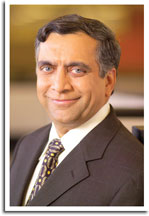OnGuard Online, a website by the Federal Trade Commission, urges people to exercise discretion when using social networking sites. While their advice is targeted towards parents of young children, it applies equally to people of all ages.
In general, the FTC cautions people to only post information to social networking sites that they are comfortable with others seeing. While the FTC recommends the use of privacy settings to restrict access to your social networking profile, we would add that once you send an e-mail or post a message or photo on your social networking page, this information can easily be viewed by or forwarded to persons outside of your intended network, regardless of your privacy settings.




 I found this photo of the
I found this photo of the  In
In